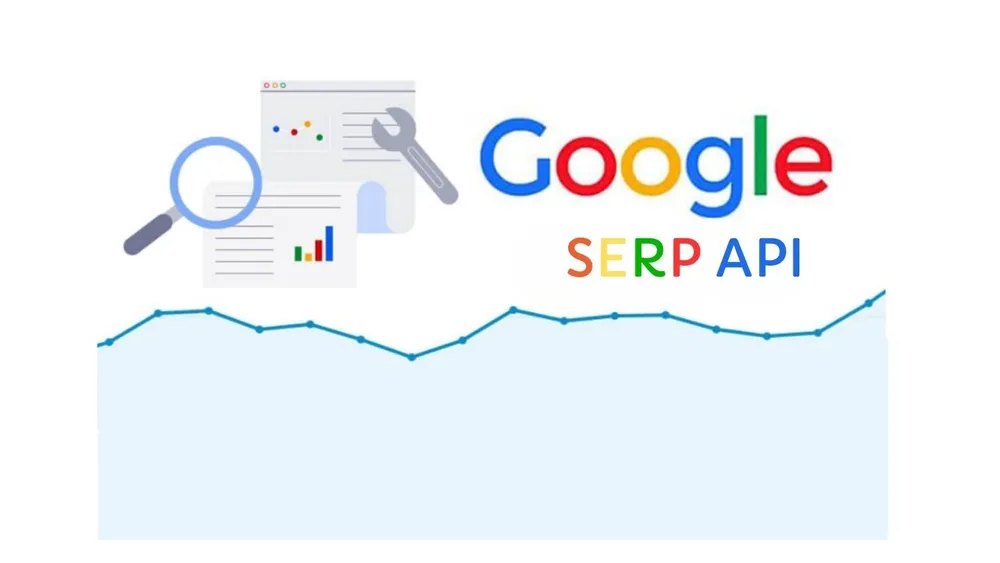Information technologies have forever changed the world of advertisement, shifting the focus towards occupying space in the digital world. Digital marketing is now the primary driver of client outreach, as most customers use online tools to find desired products and services.
For businesses, promoting their brand on the internet relies more on technical proficiency than simply outspending the competition with superior resources. With a bit of software assistance, even small companies can track real data to gather market intelligence and track customer interactions.
In 2025, marketers can reach global audiences across many different platforms. With automated data extraction tools, modern companies can efficiently track their own performance as well as that of their competitors, and adjust strategies based on data-driven insights. This transformation has shifted advertising from a slow and costly endeavor to a dynamic, highly targeted, and efficient process, allowing businesses to engage customers more effectively and achieve better Return on Investment (ROI).
Search engines have become the primary tool for customers seeking information, products, and services due to their convenience and comprehensive reach. With just a few clicks, users can access a vast array of resources, compare options, and make informed decisions. The reliability and speed of search engines make them indispensable in the digital age, where consumers expect quick answers and seamless access to the information they need.
Search engine result pages (SERPs) are crucial in shaping Search Engine Optimization (SEO) strategies as they determine a website’s visibility and ranking. By analyzing SERPs, businesses can understand how their content performs against competitors and identify opportunities for improvement. This insight informs keyword optimization, content creation, and backlink strategies, enabling companies to enhance their online presence and gain a competitive edge in the digital marketplace.
In this article, we will explore how SERP APIs from specialized providers like Decodo can empower businesses to efficiently track keyword rankings, identify emerging trends, and refine SEO strategies. By directing automatically collected SERP API data to data analysis tools, companies can get a massive advantage by always knowing what potential clients are searching for. Let’s take a closer look.
SERP Data Explained
SERPs are the pages displayed by search engines in response to a user’s query. They contain a list of results, including websites, images, and other content, ranked by relevance. Understanding SERPs is essential for businesses aiming to improve their online visibility, as higher rankings typically lead to increased traffic and engagement from potential customers.
SERP data plays a pivotal role in digital marketing by providing insights into how a website ranks for specific keywords and how it compares to competitors. By extracting and analyzing their data, marketers get all the information to improve SEO strategies, optimize content, and improve search visibility. By leveraging SERPs, businesses can enhance their online presence, attract more visitors, and ultimately drive conversions and revenue growth.
Key Data Metrics from SERP

Ensuring keyword optimization via tracking of rankings is vital for understanding a website’s search engine performance and identifying areas for improvement. By analyzing the performance of competitors within search results, businesses can uncover successful strategies and adapt them to their own SEO efforts.
Monitoring search trends allows businesses to stay informed about changing consumer interests and market demands. By analyzing these trends, companies can identify emerging topics, adjust their content strategies, and develop products that align with current consumer preferences.
SERP data provides valuable insights into consumer behavior and preferences, which can inform product development and marketing strategies. By understanding which keywords drive traffic and conversions, businesses can tailor their offerings to meet customer needs.
What is a SERP API?
SERP APIs are powerful tools that automatically scrape and retrieve data from search engine results pages. They provide businesses with real-time insights into keyword rankings, competitor performance, and search trends, and restructure them into a readable and understandable format.

By automating data collection, SERP APIs save time and resources, allowing companies to focus on analyzing the data and making informed decisions instead of wasting resources on monotonous tasks.
SERP APIs also offer high-volume scraping capabilities, enabling businesses to collect large amounts of data quickly. Their built-in data parsing features organize and structure the information, preparing it for integration into your analysis systems. Additional API Customization options allow users to specify search parameters, ensuring that the extracted data is relevant and tailored to their specific needs, enhancing the overall effectiveness of their SEO efforts.
However, it is worth mentioning that search results can vary depending on your internet access point. Still, APIs have built-in web privacy tools that allow to specify not just keywords, but also other parameters like geolocation, and search engine choice to ensure the data aligns with their specific objectives. This flexibility enables companies to focus on the most relevant information, improving the accuracy and effectiveness of their SEO and marketing strategies.
Data Collection Scalability with SERP APIs
SERP APIs are designed to scale with business needs, handling large volumes of data efficiently. As companies grow and their data requirements increase, these tools can adapt to accommodate more extensive data collection efforts. This scalability ensures that businesses can continue to access valuable insights and maintain a competitive edge, regardless of their size or market demands.

For example, an e-commerce company experiencing rapid growth might initially track a few hundred keywords to monitor its online visibility. As the business expands its product lines and enters new markets, the need to track more data becomes essential to accommodate the growing interest of potential clients.
SERP APIs can seamlessly scale to meet these demands, as users can simply run multiple instances of the software to extract data on top keywords, but do so with multiple internet access points, providing real-time data on keyword performance and competitor rankings across different geolocations.
Summary
Information technology has revolutionized digital marketing, shifting the focus to digital platforms where most customers search for products and services. This transformation also affects the digital business environment, where companies can now engage global audiences efficiently and collect real-time information to refine strategies.
With tools like SERP APIs, even small companies can track keyword rankings and competitor performance, enabling them to adjust strategies dynamically and achieve better ROI by understanding consumer behavior and market trends. This adaptability allows the company to make informed decisions, optimize its SEO strategies, and stay ahead of the curve in a highly competitive business environment.
Read More: What are Google AI Overviews & How to Rank?
Contact US | ThimPress:
Website: https://thimpress.com/
Fanpage: https://www.facebook.com/ThimPress
YouTube: https://www.youtube.com/c/ThimPressDesign
Twitter (X): https://x.com/thimpress_com



